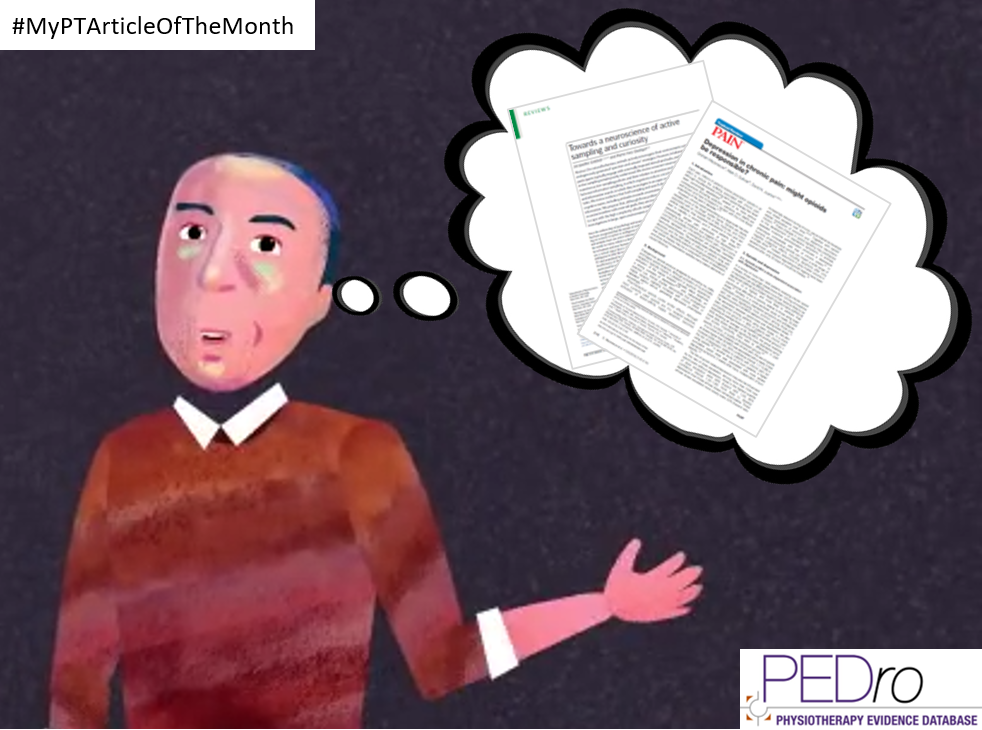
Lorimer Moseley is a Pain Scientist with a background in physiotherapy who is the University of South Australia’s Inaugural Chair in Physiotherapy and Professor of Clinical Neurosciences. He chairs the PainAdelaide Stakeholders’ Consortium and leads the Body in Mind Research Group. Lorimer is passionate about the role of the brain and mind in persistent pain. His work includes fantastic consumer resources like Tame the Beast, which is the source of the image used in this post.
Lorimer’s research work covers a broad spectrum, from theoretical/basic to clinical. He has shared two articles that he has read this month that reflect the scope of his research work.
The first article is from the theoretical/basic end of the spectrum that he spotted in a table of contents alert from one of his favourite journals. Lorimer says: “I am reading this because I am naturally curious and I have often wondered if poor recovery from pain is associated with other evidence of a nervous system unprepared to ‘take a risk.’ On reading this paper, I wonder if active sampling and curiosity might, at an implicit level, improve one’s recovery after an episode of pain … we will chew this stuff over until a new idea for an experiment to test this emerges.”
The second article is from the clinical end of the spectrum and presents an interesting argument about the potential role of opioids in pain-related depression. Lorimer chose this article because it is co-authored by an author he follows (Mark Sullivan). Lorimer says: “Depression and persistent pain are comfortable bedfellows and understanding their tight relationship should help us treat them both better. The argument presented in this paper is based on three points: (i) there is a dose-dependent relationship between opioids and depression (the more you take, the more likely you are to be depressed), (ii) there is a duration-dependent relationship between opioids and depression (the longer you take them, the more likely you are to get depression), and (iii) reducing your opioids seems to reduce your depression too. It is an interesting, and unproven, hypothesis. At worst, it is another reason to get off the opioids. At best, it will change how we understand and treat depression in people with persistent pain.”



